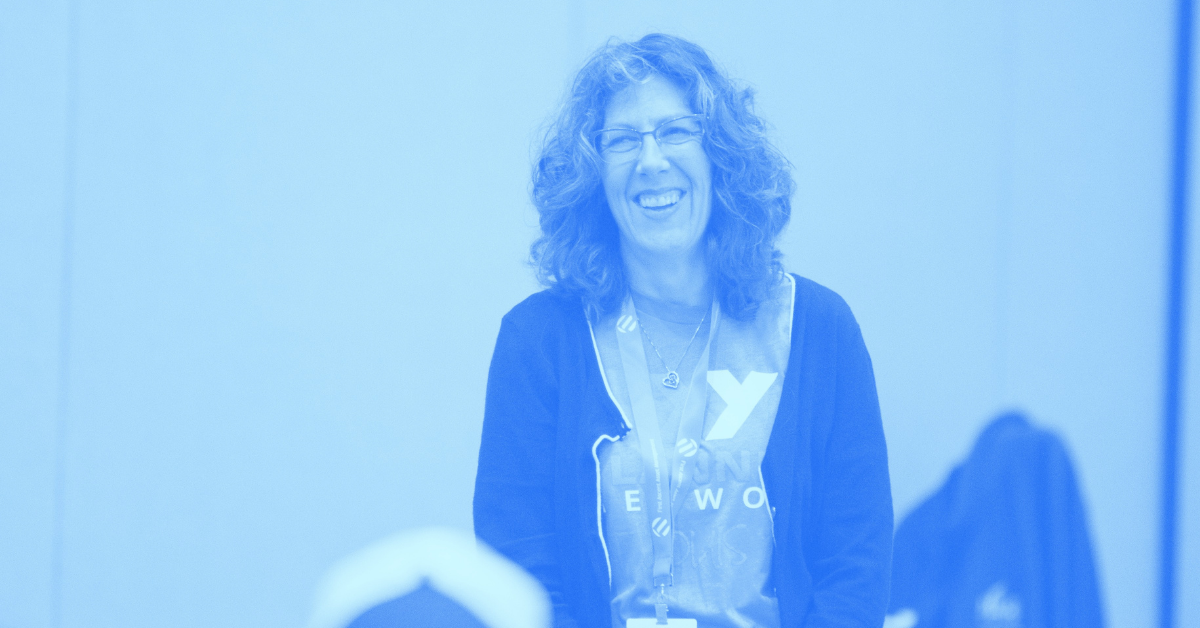Why Starting (and Maintaining) a Budget Should Be Your New Year's Resolution
Share this

At 31 years old, I can definitely say I’ve made some poor financial decisions. I live paycheck to paycheck, have no savings to speak of, and the thought of being able to retire one day makes me laugh out loud. I’m not alone in this either — the vast majority of my generation is in the same boat. But I have to say, I am damn tired of living like this. That’s why I’ve made it my New Year’s resolution to create a budget, and stick to it.
A good budget does a number of things. First, it reveals exactly where your money is going — from credit card payments to frivolous purchases. Second, it plays a critical role in helping you pay off debt. Third, it makes it possible to build up your savings and achieve financial security. Finally — and perhaps most importantly — it allows you to make the most of the money you worked so hard to earn.
Let’s take a closer look at some of the benefits of a budget.
You’ll Know Where You Stand
When you put together a budget, you’re forced to come face-to-face with your spending habits. This isn’t always the most comfortable of experiences; you may find that you've been spending far too much money on things you really don't need. A budget will provide you with the information you need to refocus your financial goals and prioritize your spending. No more living in the dark — you’ll always know the ins and outs of your financial situation.
You Can Avoid Overspending
Many people who don’t budget end up spending money they don't have. Credit cards have made this shockingly easy to do — and that’s bad news.The further in the hole a person is, the less spending power they have, as more and more of their paychecks end up earmarked for debt payments. However, if you budget your money wisely, you'll know exactly how much money you earn, how much you can afford to spend each month, and how much you need to save. It’ll be far easier to keep yourself from falling into arrears.
You’ll Finally Be Able to Save Money
Having a budget the key to financial security, as it acts a spending plan that allows you to make — and reach — saving goals. These savings can be used for planned expenses such as buying a home or sending a child to college, or they could be set aside for your passions in life. No matter what goals you set, a budget will support you in creating the extra funding you need.
You’ll Be Set In Times of Crisis
There’s nothing worse than when an emergency takes you by surprise. If you’re not prepared, a broken down car, lost job, or hospitalization has the potential to ruin you financially. That’s where an emergency fund comes in. A proper budget involves creating an emergency fund to cover times of crisis. Think of it as an insurance plan that will pay out 100% of what you put in. This extra money can mean the difference between business as usual or bankruptcy.
You Can Plan for the Future
With the future of social security infuriatingly uncertain, it’s more important than ever to make sure you’re setting money aside for retirement. You deserve to be able to kick back and relax during your golden years, not work until the day you drop. Having a budget that includes putting money in an IRA will allow you to track the accounts growth and make certain you’ll be financially secure during your second childhood!
You’ll Be Less Stressed
A solid budget can go a long way in alleviating financial stress. No longer will you have to worry about whether or not you have enough money to get through the month. No more scrambling to pick up shift so you can pay that bill you forgot about. No more lying awake at night and fretting over what might happen if you lose your job. A budget means you’ll always know where you stand, where you want to go, and exactly how to get there.
How to Get Started
If you’re new to budgeting, you might be confused as to how to get the whole thing underway. Fortunately, there are a number of free resources on the web that can help you along. Keep in mind that the main objectives will be recognizing the difference between your indispensable needs and your wants, identifying and ranking your financial priorities, setting financial goals, and building an emergency fund.
Track Your Expenses
Creating a budget starts with combing through your bank and credit card statements to identify exactly what you’re spending your money on. Group expenditures into categories. Are they:
- Fixed expenses (same amount every month) — e.g. rent, auto, or student loan payments
- Flexible expenses (vary from month to month) — e.g. food, clothing, and entertainment
- Semi-annual expenses (occur infrequently throughout the year) — e.g. taxes, insurance, vehicle registration
Make a Plan
One you have your categories, assign each one a spending amount and do your best to stick to it. Your total spending should be less than or equal to your income. If you find your income does not cover your expenses, you’ll need to adjust your budget by reducing flexible expenses.
Set multiple savings goals and prioritize them. Your first should be to create an emergency fund. Other goals can include paying off debts, saving for retirement, and even setting money aside for a trip. Record both your budget and your goals in the way that works best for you, whether it be an online budget tracking program or an old school excel sheet.
Start Saving
The first thing you’ll want to do is establish an emergency savings fund that equals three to six months of your net pay. Why so much? The goal is to have enough money to cover your basic living expenses for several months in case of job loss or temporary disability. Ideally, you should save ten percent of your income each month. If this isn’t possible, determine an amount that is. Even if you can only afford $10 a week, your savings fund will slowly build up. After you have an emergency fund, your can start saving for other goals.
Conclusion
A budget is more than just a financial plan. A budget assists you in establishing goals, saving money, tracking your financial journey, and eventually obtaining financial freedom. And while it’s not always easy to stick your budget, the rewards will be well worth it in the end. So, sit down with a pen and paper and map out your budget. Follow the plan you make, taking it day by day. By the end of 2017, you’ll find yourself to be a master budgeter, well on the road to reaching your financial goals.
 About the Author: Liz Greene is a makeup loving, dog hugging, anxiety-ridden realist from the gorgeous City of Trees, Boise, Idaho. You can follow her on Twitter @LizVGreene or catch her latest misadventures on her blog, Instant Lo.
About the Author: Liz Greene is a makeup loving, dog hugging, anxiety-ridden realist from the gorgeous City of Trees, Boise, Idaho. You can follow her on Twitter @LizVGreene or catch her latest misadventures on her blog, Instant Lo.
Share this
Subscribe by email
You May Also Like
These Related Stories

Good Financial Reads: From Our Member of the Year, Amy Irvine

How to Align Your Spending with Your Values in the New Year



